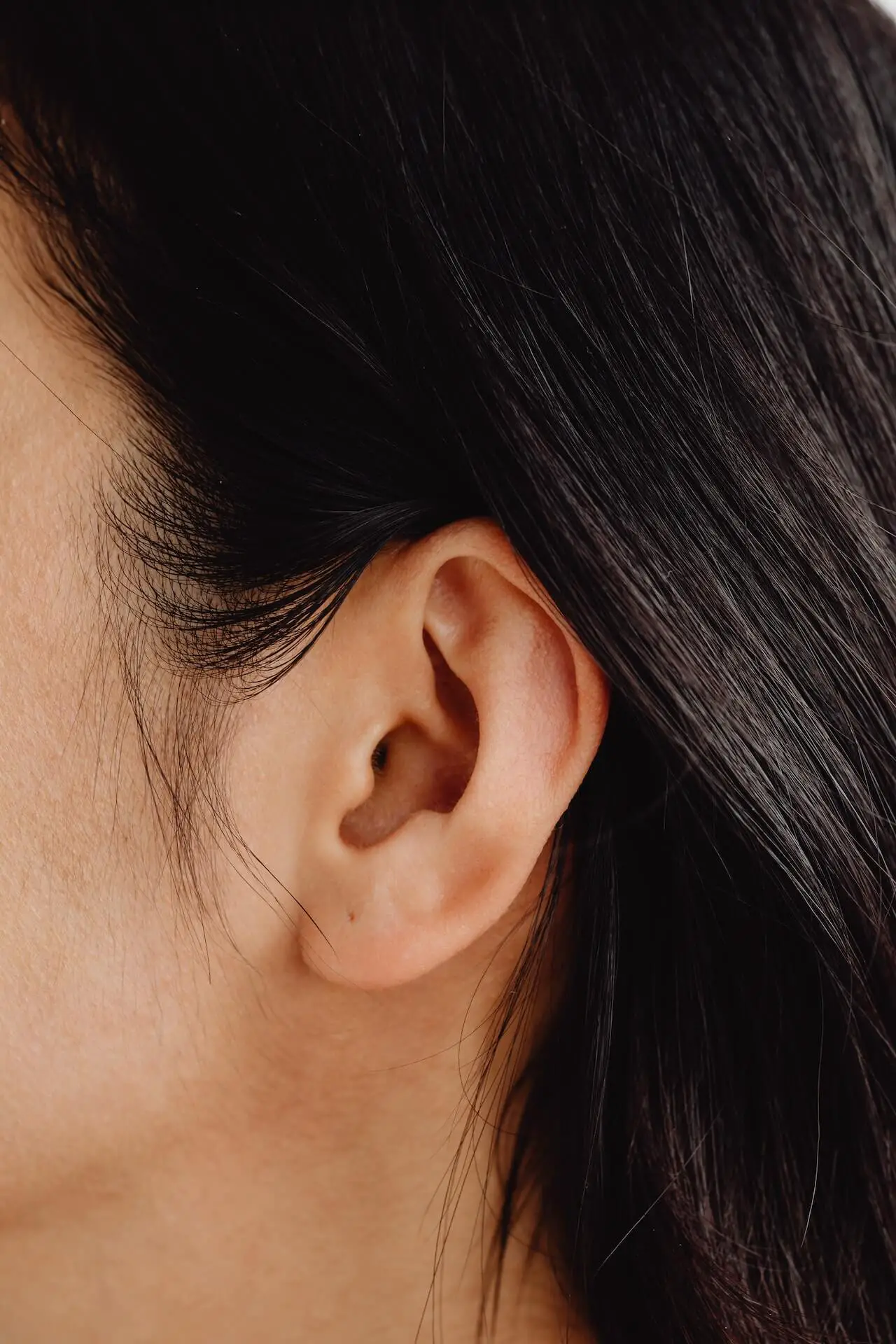Are you feeling the aftermath of a fun day at the pool with an itchy and uncomfortable ear? If you’re like many water enthusiasts, you might be reaching for a bottle of swimmer’s ear drops and wondering, “Do these really work?”

Yes, swimmer’s ear drops do work. Prescription ear drops are particularly effective. Most people find their symptoms improve within 24 hours and are gone within 7-10 days. Over-the-counter ear drops can also help by drying out the water in the ear, but they are not designed to fight the infection and may not be as effective as prescription treatments.
The marketplace is flooded with both over-the-counter and prescription remedies promising relief. But how effective are they? Keep reading on as we dive into these questions.
What are swimmer’s ear drops?
Swimmer’s ear drops are prescription or over-the-counter or prescription medications used to treat or prevent the condition known as swimmer’s ear (also known as otitis externa). This condition is an infection or inflammation of the outer ear and ear canal often caused by water that stays in the ear after swimming, creating a moist environment that aids bacterial growth.
What are the different types of swimmer’s ear drops available?
There are several types of prescription swimmer’s ear drops, but they can generally be categorized into three types:
- Antibiotic ear drops: These are used to kill bacteria that are causing the infection. Examples include ciprofloxacin and ofloxacin.
- Antifungal ear drops: These are used if the infection is caused by a fungus rather than bacteria. An example is clotrimazole.
- Steroid ear drops: These help to reduce inflammation and swelling. An example is hydrocortisone.
Some ear drops may contain a combination of these ingredients to treat and manage symptoms.
Prescription Swimmer’s Ear Drops vs. OTC
Swimmer’s ear is typically treated with prescription ear drops. The most commonly prescribed drops combine a corticosteroid to reduce inflammation along with either an antibiotic or acetic acid to combat the infection.
If the infection is caused by a fungus, your doctor can prescribe antifungal ear drops instead. Symptoms usually improve within 24 hours of using prescription ear drops and are typically gone in two or three days, but can take as long as 7-10 days.
Over-the-counter (OTC) ear drops, on the other hand, commonly contain isopropyl alcohol and glycerin. Their primary function is to help dry out the ear quicker, rather than fighting the infection.
Prescription ear drops containing antibiotics or steroids are more effective for treating swimmer’s ear than OTC disinfectant ear drops.
There’s lacking evidence that OTC ear drops will effectively treat swimmer’s ear, but may prevent it from developing in the first place by drying out the water in your ears.
How fast do swimmer’s ear drops work and are they effective?
Swimmer’s ear drops work by killing or stopping the growth of bacteria or fungi causing the infection and reducing inflammation in the ear. They are considered effective for treating mild to moderate cases of swimmer’s ear, providing relief in as quickly as 24 hours and commonly curing the infection in 2-3 days, but may take as long as 7-10. However, severe cases may require additional treatments such as oral antibiotics.
What are the active ingredients in swimmer’s ear drops?
The active ingredients in swimmer’s ear drops can include antibiotics like ciprofloxacin or ofloxacin, antifungals like clotrimazole, and steroids like hydrocortisone. Some drops may also contain a substance that helps soften earwax, such as acetic acid or urea hydrogen peroxide.
How quickly can I expect to see results from using swimmer’s ear drops?
The time to see results can vary based on the severity of the infection, but improvements are typically noticed within a few days of starting the medication and can cure swimmer’s ear as quickly as 2-3 days, but may take up to 7-10 days. It is vital to continue using the drops for the full course of treatment even if symptoms improve earlier to ensure the infection is fully treated and to prevent recurrence.
Are there any side effects or contraindications for using swimmer’s ear drops?
Side effects from swimmer’s ear drops are usually mild and can include temporary burning or stinging in the ear when the drops are first applied. If these persist or worsen, or if you notice signs of an allergic reaction, contact a healthcare professional. Contraindications may include a known allergy to any of the ingredients in the drops, or having a perforated eardrum or ear tubes unless directed by a doctor.
Can swimmer’s ear drops be used for other types of ear infections?
Swimmer’s ear drops are specifically designed to treat outer ear infections. They may not be effective for middle ear infections (otitis media) or inner ear infections, which often require different treatments.
Can children use swimmer’s ear drops?
Yes, children can use swimmer’s ear drops, but always consult a healthcare professional before giving any medication to a child. Some drops may not be suitable for use in very young children.
Are there any home remedies that can be used instead?
Some people find relief from swimmer’s ear symptoms using home remedies such as a warm compress or a solution of half rubbing alcohol and half white vinegar, which can help dry out the ear and restore its normal environment. However, these methods may not be as effective as medical treatments for serious infections and should not replace consultation with a healthcare professional.
Can I use swimmer’s ear drops if I have a perforated eardrum?
Generally, you should not use swimmer’s ear drops if you have a perforated eardrum unless specifically instructed by a healthcare professional. Ear drops can be dangerous for people who have a perforated eardrum or have ever had one. Always have your doctor check that your eardrum is intact and in fit condition to use ear drops of any kind.
Sources:
